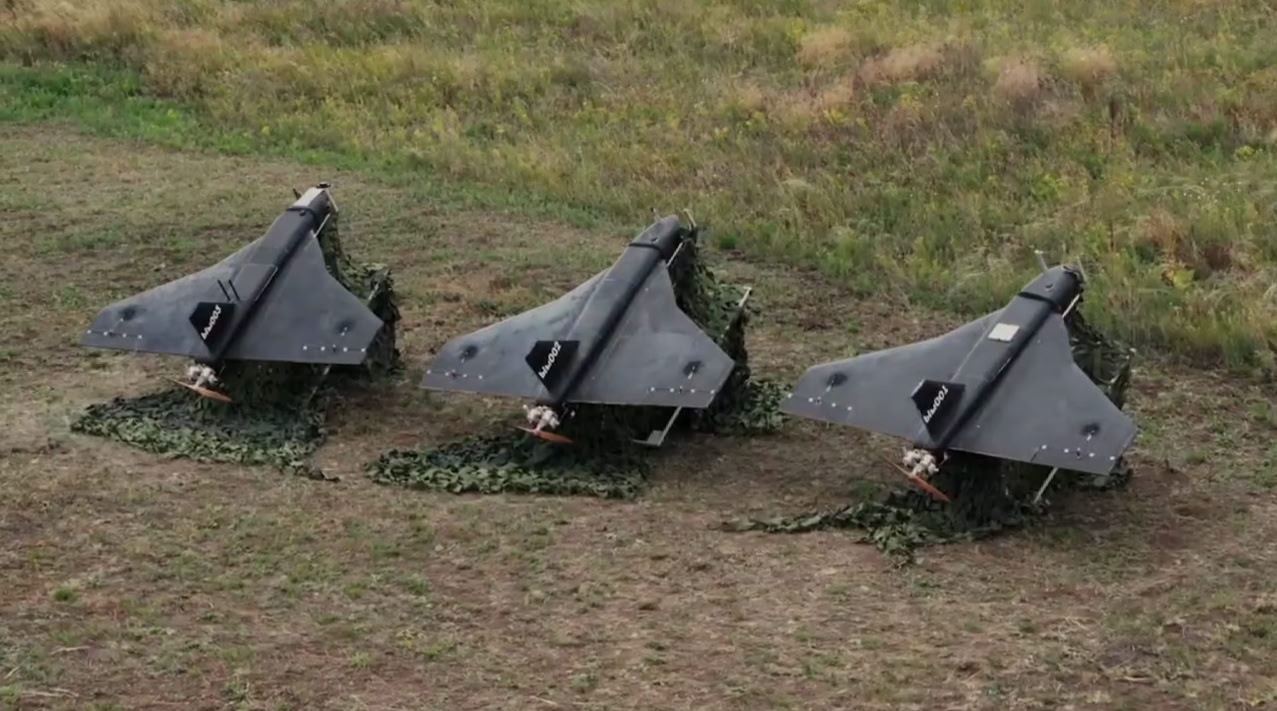In the night of 10 September, Russia’s massive attack on Ukraine spilled beyond Ukrainian skies. According to President Volodymyr Zelenskyy, nearly Russian enemy drones may have entered Polish airspace. This unprecedented incident forced Warsaw to call on NATO allies and activate Article 4 of the North Atlantic Treaty.
Polish confirmation
Prime Minister Donald Tusk has confirmed that Russia used 19 drones in an attack lasting six hours, calling it a serious test of Poland’s defense, Suspilne reports. F-16 and F-35 fighter jets were scrambled, but only 3–4 drones were intercepted, while the rest fell on Polish territory.
Possible reconnaissance of Polish air defenses
Defense Express experts, analyzing debris, have suggested the drones could have been Russian “Gerbera” models, primitive foam UAVs that can carry reconnaissance equipment or small explosive payloads of up to 5 kg. While often used as decoys, this time they may have served another purpose.
The drones were spotted over multiple regions: north of Lublin, near Stalowa Wola with its defense industries, west of Białystok, and even close to Łódź.
Analysts note that their flight paths coincided with key Polish air defense sites, including long-range radar posts in Roskosz (NUR-12M), Labunie (RAT-31DL), and Szypłiszki near the strategic Suwałki Gap, NATO’s link between the Baltic states, the rest of the Alliance, and Russia’s Kaliningrad Oblast.
Experts warn the strike may have been a reconnaissance mission, probing Poland’s air defense ahead of possible future scenarios.
Ukraine’s response
Meanwhile, Ukrainian President Volodymyr Zelenskyy stresses that such incidents prove no European country is safe without joint action.
“Ukraine is ready to expand cooperation with partners for reliable air defense. Not only information-sharing, but real joint actions in the sky must guarantee the security of neighbors. Russia must feel that Europeans know how to defend themselves,” he claims.
NATO moves
Polish government spokesman Adam Szłapka told Polsat News that Warsaw officially invoked Article 4, and allies agreed to activate it.
Article 4 provides for urgent consultations when the territorial integrity, political independence, or security of a member state is threatened. Unlike Article 5, it does not trigger automatic military action, but it opens the way for reinforced defense measures, troop deployments, and new security guarantees.
A symbolic signal
For Moscow, this attack could be a test of the West’s reaction. For NATO, it is another reminder that Russia’s war against Ukraine directly threatens European allies.
Threat to the Alliance
The attack on Poland is an unmistakable threat to NATO. At the same time, US President Donald Trump has so far made no public comments or official statements regarding Russia’s drone incursion into Polish airspace. Moreover, he has not yet implemented new sanctions on Moscow in response to its attacks on the top governmental building in Kyiv, as he previousely claimed.




